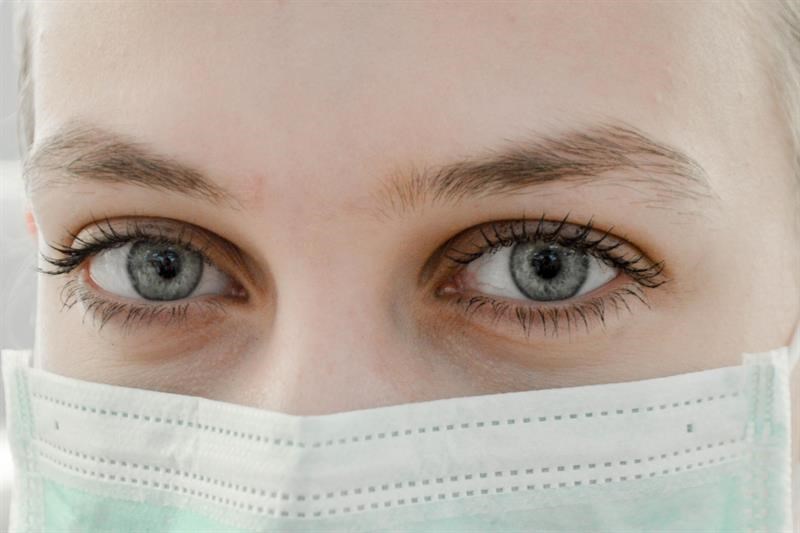Effective in-house systems can nip complaints in the bud
Published: 03/06/2018
New evidence shows that having an effective, in-house complaints process in place and displayed in the practice can help to avoid complaints from escalating into claims and prevent a complaint being made directly to the General Dental Council (GDC).
In a YouGov survey, conducted on behalf of Dental Protection, 65% of the public said they are not aware that dentists are required to provide a formal process for managing complaints from their patients. 16% of the public surveyed also said they would consider complaining to the GDC about the treatment they received.
Dental Protection said it recognised that some dentists may be reluctant to display their complaints procedure, for fear of encouraging a complaint, but stressed that timely and effective management of a complaint within the practice can often nip complaints in the bud, and avoid them becoming more serious.
Dr Raj Rattan, Dental Director at Dental Protection said: ‘There is often a very small window of opportunity to nip complaints in the bud and dealing with them promptly, within the practice, is often the most effective way of doing this. Dentists have an obligation to provide a formal written process for resolving complaints, so every team member knows what to do, and they should ensure patients are also aware of the process.
‘This will help to prevent a patient taking a complaint into another forum such as formal complaints handling scheme, the GDC, or into the hands of a ‘no win no fee’ lawyer.
‘While understanding and managing patients’ expectations before commencing treatment is key to avoiding complaints from occurring in the first place, it is just as important that dentists know how to manage a complaint effectively when one is received. This again will help to prevent it escalating.
‘In the YouGov survey, when the public were asked what they would expect to happen if their treatment didn’t go as expected, 74% said they would expect the dentist to offer further treatment to fix the problem at no additional charge, 36% said they would expect the dentist to refer them to someone else to fix the problem, and 31% said they would expect a refund. 50% said they would expect an apology.’
Author: Julie Bissett

.jpg?width=300&height=200&scale=canvas)

.jpg?width=300&height=200&scale=canvas)







.jpg?width=150&height=100&scale=canvas)

